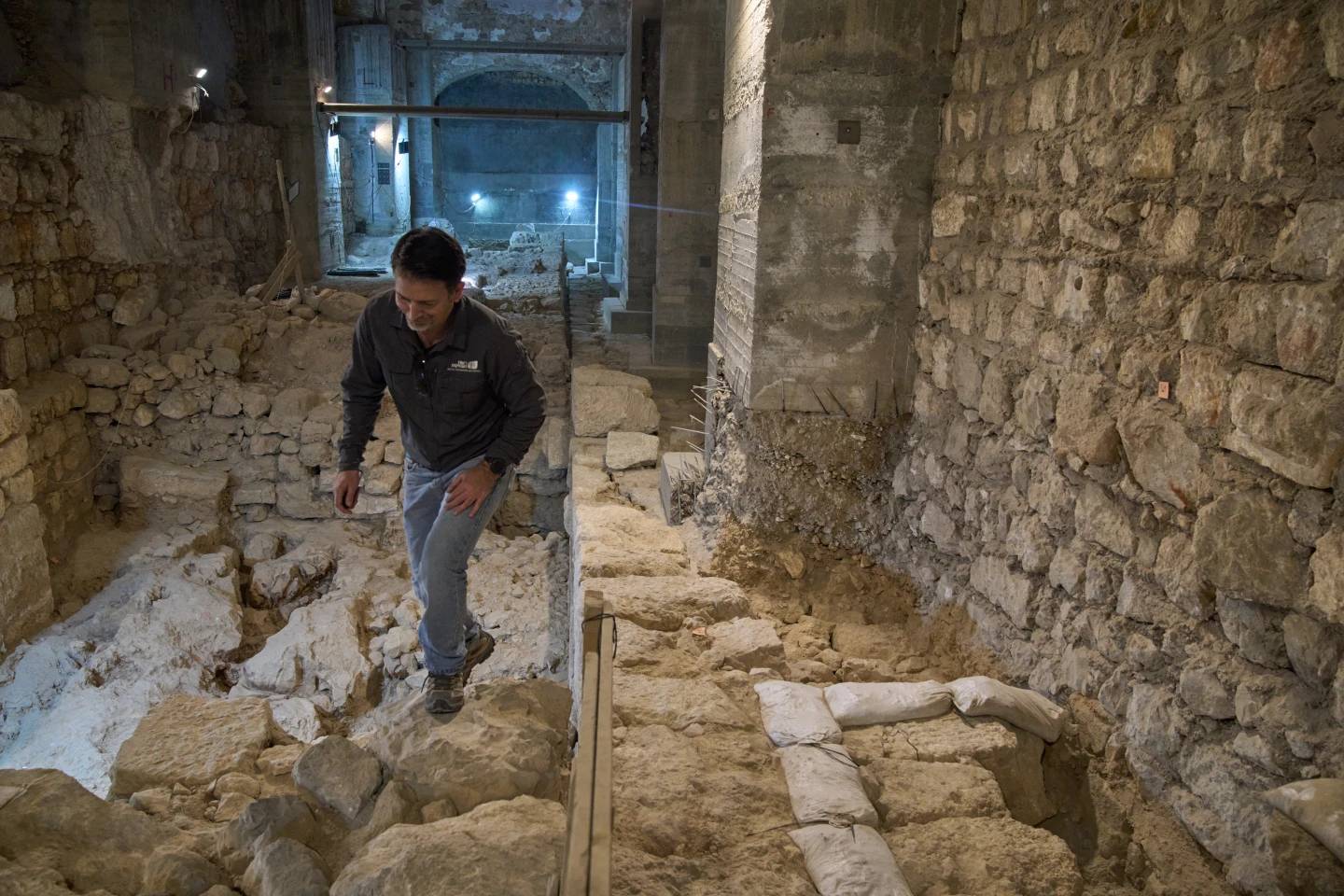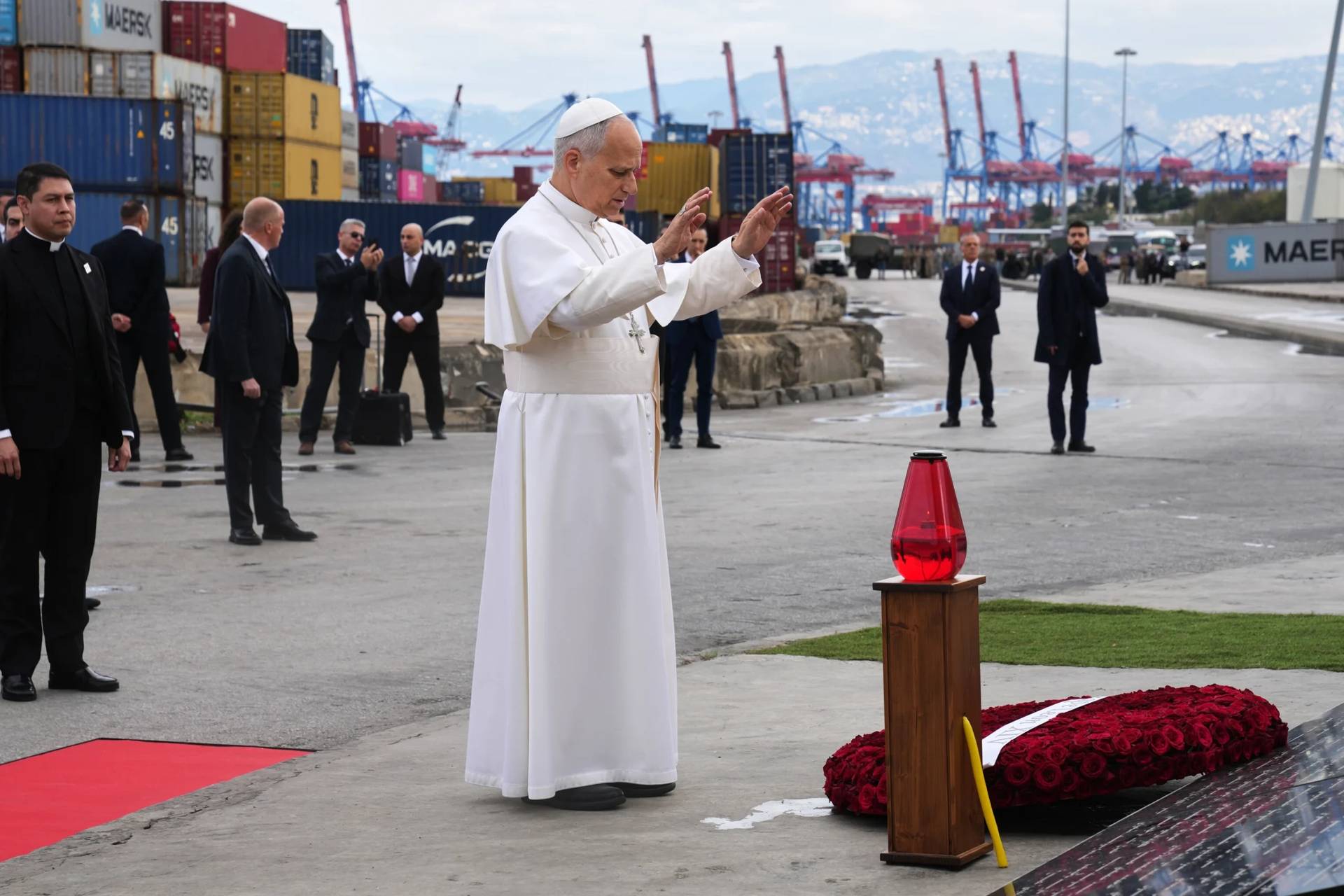ROME – As the war in Syria – among the world’s most catastrophic manmade humanitarian disasters since World War II – reaches its 11th anniversary, the Vatican’s envoy to the country has lamented that in Europe, similar devastation is unfolding in the Ukraine conflict.
Italian Cardinal Mario Zenari called for greater international intervention in Syria, which he said has lost media attention and is falling into “oblivion,” but which is still at conflict and in desperate need of help to alleviate poverty and begin reconstruction.
Speaking to Vatican News, the Vatican’s official information platform, Zenari spoke of how Syrians are reacting to the war in Ukraine, which has been raging for nearly three weeks, as they watch it unfold.
“People generally do not dare to speak out,” he said, as Russia, who invaded Ukraine Feb. 24, led a massive air campaign in support of Syrian President Bashar Al-Assad, marking a turning point in the country’s own civil war.
Zenari, who has served as the Vatican’s nuncio to Syria since 2008, repeated Pope Francis’s numerous pleas to “silence the weapons and stop the slaughter.”
“It seems to me that tormented Syria, from experience, understands this pressing appeal,” he said, adding, “It is sad to see, repeated in Ukraine, the same harrowing images of pain seen in Syria: homes destroyed, deaths, millions of refugees, the use of unconventional weapons such as cluster bombs, the bombing of hospitals and schools.”
Ukraine, he said, is “seeing the exact same descent into hell as seen in Syria.”
By far, the civilian toll and damage to infrastructure have been among the most devastating consequences of the war in Syria, and the same is rapidly unfolding in Ukraine.
Since the war broke out Feb. 24, there is a total of 1,834 civilian casualties, 691 of whom have died, including 48 children, and an additional 1,143 have been injured. Crippling damage has been done to city infrastructure, with several of Ukraine’s nuclear plants caught in the crossfire.
Referring to reports that Russia has enlisted Syrian mercenaries to join their fight against Ukraine, Zenari said the same thing happened two years ago in Libya, where Syrian mercenaries “found themselves fighting on opposite sides.”
“This is yet another disease caused by war, which is a factory that produces all sorts of ills: victims, destruction of neighborhoods and villages, refugees, damage to the social fabric, the disintegration of families, violence, poverty, lack of work, drugs, and numerous other ills,” he said.
With no opportunities to work, many young people in Syria have learned to use weapons and have enlisted so they can earn “a few hundred dollars” in the absence of other opportunities.
Syria’s war began in March 2011, when pro-democracy protests erupted in the southern city of Deraa. The Syrian government used deadly force to crush the dissent, sparking mass nationwide protests demanding Assad’s resignation.
The unrest spiraled out of control as Assad’s attempt to squash the uprisings intensified, and opposition supporters began taking up arms, throwing the country into a full-on civil war.
The situation quickly escalated beyond an internal war, with hundreds of rebel groups springing up, and foreign powers sending money and weaponry as extremists also poured in, taking advantage of the chaos to make advances.
While fighting is largely over and Assad remains in office, the United Nations estimates that at least 350,209 civilians and combatants were killed between March 2011 and March 2021, with the actual toll likely much higher.
According to the Syrian Observatory for Human Rights (SOHR), a UK-based monitoring group with resources on the ground, the number of people killed is 494,438, of whom at least 159,774 are civilians.
In addition, more than half of Syria’s pre-war population of 22 million have fled their homes. Of these, 6.9 million are internally displaced, and 6.8 million others are either refugees or asylum seekers abroad.
Within Syria, poverty rates have soared, and basic food and medical needs are difficult to meet. The United Nations estimates that around 14.6 million people inside Syria required some form of humanitarian support as of last month, including around 5 million who are categorized as being in extreme or catastrophic need, while roughly half a million children are malnourished.
As Syria marked the anniversary of the beginning of the war March 15, Zenari called it a “sad anniversary, first of all, because the war is not over yet and also because for a couple of years now Syria seems to have disappeared from the media radar.”
Slowly, the Syrian conflict has been eclipsed by other disasters, including Lebanon’s internal crisis, the COVID-19 pandemic, and now the war in Ukraine.
“Until a couple of years ago, I used to receive phone calls from various parts of the world for interviews and information on the Syrian conflict. Now the phone is no longer ringing,” he said. “This is another great misfortune that has happened to Syria: falling into obscurity. This obscurity is hurting people a lot.”
Zenari lamented that young people are increasingly opting to leave Syria, saying “a nation without young people, and without qualified ones at that, is a nation without a future.”
“The Syrian catastrophe is still the most serious man-made humanitarian disaster since the end of the second world war,” Zenari said, yet noted that there are “still no signs of reconstruction or economic recovery.”
International sanctions are contributing to the problems, he said. “Only poverty is advancing, by leaps and bounds. People are now talking about economic warfare.”
He spoke of national food insecurity in Syria, saying there has been a shortage of bread and, now with the war in Ukraine, there is also a shortage of flour.
A March 15-17 conference in Damascus organized by the Catholic Church addressing the theme “The Church, Home of Charity – Synodality and coordination,” is seeking to coordinate efforts of international Catholic institutions and humanitarian agencies to respond to the needs in Syria.
Zenari also spoke of the presence of the Christian minority in Syria, noting that up to two-thirds of the Christian population has left since the war broke out 11 years ago.
“In these conflicts, minority groups are the weakest link in the chain,” he said, calling this “an irreparable wound for these sui iuris Oriental churches, but it is also serious damage for Syrian society itself.”
“Christians, who have been present in the Middle East for two thousand years, have made a significant contribution to the development of their country, especially in the fields of education and health with very efficient and respected schools and hospitals,” Zenari said.
Calling the Christian presence in Syria “a window that opens onto the world,” he said Christians are generally “open-minded and tolerant,” and that every time a Christian family leaves, “the window gradually closes.”
Zenari there is need for greater international support for Syria as it reels from the war, but this support is unfortunately lacking due to “the protracted nature of the conflict, the COVID-19 pandemic, and other conflicts, in particular the war in Ukraine.”
“The attention of the international community is elsewhere,” he said.
In terms of how the Syrian people are coping now, Zenari said all Syrians, regardless of religious affiliation, “have been living an uninterrupted Lent and fasting for 11 years.”
In this context, “It is important, above all, to remain close and be in solidarity,” he said.
Follow Elise Ann Allen on Twitter: @eliseannallen
















